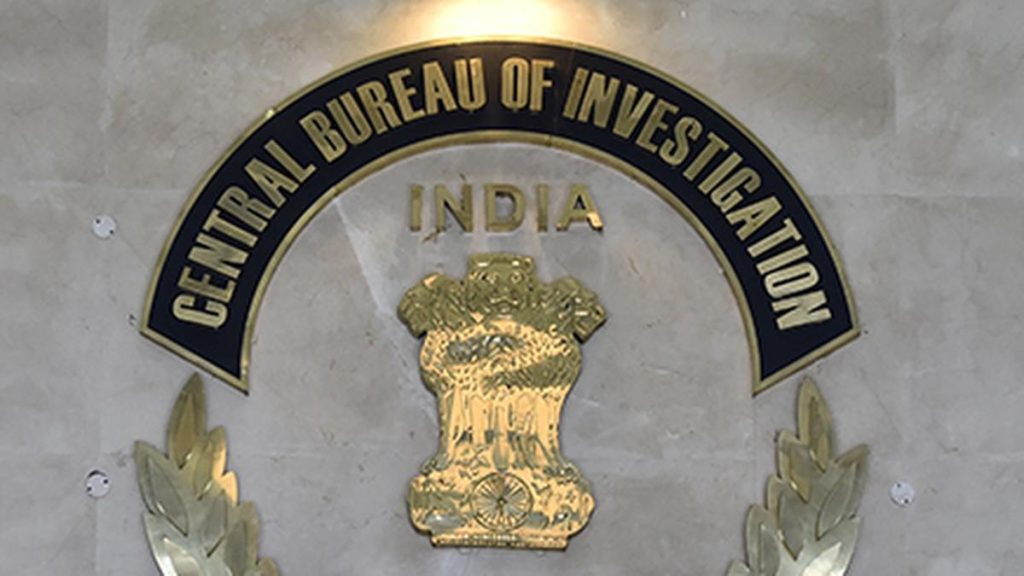Now Reading: Suspected Amoebic Meningoencephalitis Claims Another Life
-
01
Suspected Amoebic Meningoencephalitis Claims Another Life
Suspected Amoebic Meningoencephalitis Claims Another Life

Swift summary
- A 51-year-old man, Raheem, from Chavakkad in thrissur district died from a suspected case of amoebic meningoencephalitis in Kozhikode.
- The incident occurred on Thursday, where he collapsed and was hospitalized before succumbing to the illness on Friday at Kozhikode Goverment Medical College Hospital (MCH).
- this is the eighth death from amoebic meningoencephalitis recorded at MCH within two months, contributing to a statewide death toll of 18 for the current outbreak season.
- Ten patients are currently undergoing treatment for the condition at the same hospital.
- Preventive measures, such as chlorination of wells and public water tanks, have been undertaken by the Kerala government in affected areas.
- Health Minister Veena George warned residents against using unsafe water sources and emphasized precautions like nose clips during swimming to avoid exposure to contaminated water.
- Doctors clarified that this infection spreads exclusively through contaminated water entering nasal passages; it does not transmit person-to-person.
Indian Opinion Analysis
Amoebic meningoencephalitis, while rare globally due to its specific mode of transmission through contaminated water, has surfaced as a significant concern in Kerala this outbreak season with multiple fatalities reported statewide. The consistent rise in cases over recent months suggests critical gaps either in maintaining safe public utility surfaces or insufficient public adherence to preventive guidelines like avoiding stagnant waters.
The state’s proactive measures-including well chlorination and awareness campaigns-signal both recognition of this issue’s gravity and attempts toward swift containment. Public cooperation will likely play an essential role moving forward; vigilance against exposure can minimize risks until sterilization strategies fully neutralize affected zones.
While health officials have highlighted non-contagious transmission routes (water contamination rather than person-to-person), greater investments may be prudent into safeguarding common resources like drinking wells or promoting broader access protective gear such as nose clips specifically where there still exists rural + informal bathtub dependency selectors ongoing
Read more here: Indian Express Article
























